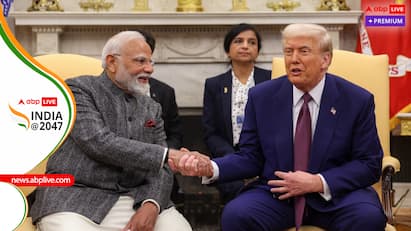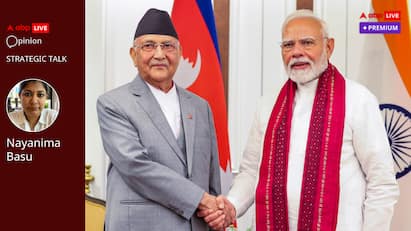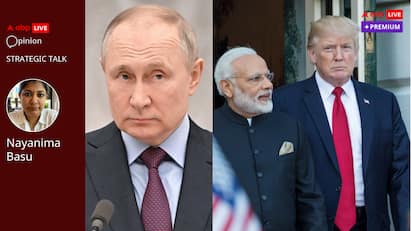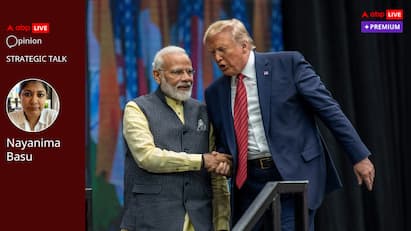India Should Not Even Think About Hosting Olympics, Rather Spend On Olympians

India's Manika Batra reacts after losing the women's singles round of 16 table tennis match against Japan's Miu Hirano at the 2024 Summer Olympics, in Paris.
Source : PTI
Hosting the Olympics requires substantial funding. India can pursue different modes for funding if it gets to host the mega event, but it must prioritise athlete development and medal performance.
“We all have dreams. But in order to make dreams come into reality, it takes an awful lot of determination, dedication, self-discipline and effort.” — Jesse Owens The Paris Olympics concluded a week ago, with India securing six medals — one silver and five bronze — in the quadrennial event. The medalists received a warm welcome, and the country showered love on them, especially with the Indian cricket team going through a lean phase. Amid this, whispers grow louder
Follow Sports News on ABP Live for more latest stories and trending topics. Watch breaking news and top headlines online on ABP News LIVE TV






